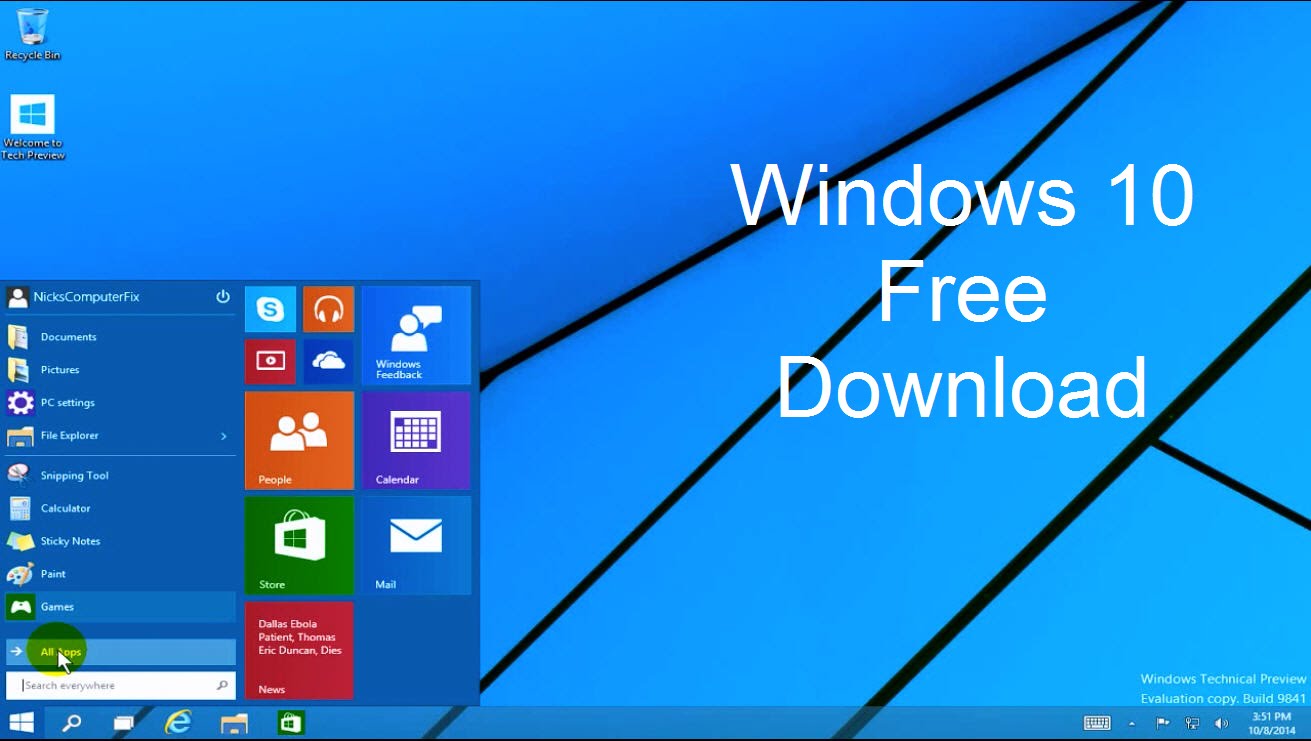

- #Windows 10 services to disable for privacy update
- #Windows 10 services to disable for privacy windows 10
- #Windows 10 services to disable for privacy software
- #Windows 10 services to disable for privacy windows
Turn off ads and trackingĪll consumer-oriented versions of Windows 10 show ads or recommendations by default and Microsoft also create an advertising ID for your user account. If you're concerned about privacy and how your data is being used by Microsoft, you should make the below changes to increase privacy in Windows 10.
#Windows 10 services to disable for privacy windows 10
Windows 10 settings to increase your privacy

However, the feature is disabled by default and interested users need to enable it manually with PowerShell. Network scanning is included with Windows Defender and it allows you to scan your network files.
#Windows 10 services to disable for privacy update

In order to use core isolation's memory integrity feature, follow these steps: Memory integrity, which is a part of Core isolation, uses hardware virtualization and Hyper-V to prevent attempts to inject and run malware in Windows kernel-mode processes.
#Windows 10 services to disable for privacy software
Core isolation feature isolates computer processes from the software and hardware, and it enables an extra layer of security against sophisticated attacks. Windows 10 comes with another brilliant feature called "Core isolation", which aims to protect your device against malware and other attacks. This will allow you to access the following settings:įor more detailed information, see our article on how Windimproves potentially unwanted app protection. If you want to configure PUA/PUP, you can also click on the 'Reputation-based protection settings'. You can click on the 'Turn on' button to enable the feature. Look for a new section titled ' Reputation-based protection'.Navigate to Update & Security > Windows Security > App & browser control.To enable PUA/PUP protection in Windows 10 2004, follow these steps: These unwanted apps are not considered virus or malware, but it's widely believed that they can modify your web browsers, change the default behavior and perform other actions without your permission. As the name suggests, PUA protection allows Windows 10 to detect potentially unwanted apps using Microsoft Defender (formerly known as Windows Defender).įor those uninitiated, potentially unwanted applications (PUA) generally cause issues with Windows and other installed apps, and they can also make your device slower or buggy. In Windows 10 version 2004 or newer, there's a new feature called Potentially unwanted applications (PUA) protection. Security features you should know aboutīelow we outline some important features that can enhance the security of Windows 10 devices. Thankfully, Windows 10 allows us to improve the operating system's security and privacy using the built-in settings app. If you've concerns about your data security and privacy, you should consider making the below changes. Like almost all operating systems, Windows 10 is vulnerable to security and privacy issues, and researchers have proved that Microsoft can track a lot of your activities to improve their products and enable personalized ads and promotions.


 0 kommentar(er)
0 kommentar(er)
